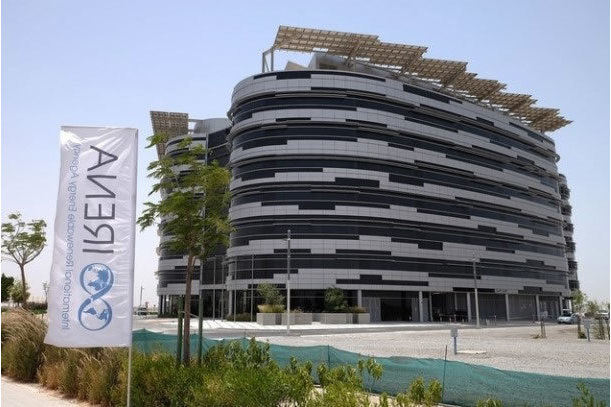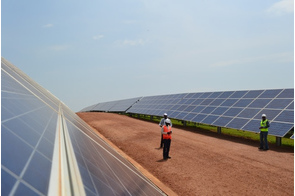Decarbonisation to fuel sustainable economic growth – IRENA

Summary
Renewable energy currently accounts for 24% of global power generation and 16% of primary energy supply.
A new report by the International Renewable Energy Agency (IRENA), an intergovernmental organization that supports countries in their transition to a sustainable energy future, has shown that global energy-related carbon dioxide (CO2) emissions can be reduced by 70% by 2050, and completely phased-out by 2060. The report, titled “Perspectives for the Energy Transition: Investment Needs for a Low-Carbon Energy Transition,” was released today at the Berlin Energy Transition Dialogue, which is taking place this week from March 20-24 in the German capital.
About 32 gigatonnes (Gt) of energy-related CO2 were emitted in 2015, according to the report. These emissions will need to fall to 9.5 Gt by 2050 to limit global warming to below two degrees Celsius above pre-industrial temperatures by the end the century. 90% of the reduction in CO2 emissions can be achieved by improving energy efficiency and expanding renewable energy deployment.
The report says increased deployment of renewable energy and energy efficiency in G20 countries and globally can achieve the emission reductions needed to limit global temperature rise, as stipulated in the Paris Agreement, which came into force on November 4, 2016.
“The focus must be on the decarbonision of the global energy system as it accounts for almost two-thirds of greenhouse gas emissions,” said IRENA Director-General Adnan Z. Amin.
Renewable energy currently accounts for 24% of global power generation and 16% of primary energy supply. To achieve decarbonisation, renewables should be 80% of power generation and 65% of total primary energy supply by 2050, according to the report.
The IRENA report describes how the energy sector transition needs to go beyond the power sector into all end-use sectors. Renewables need to account for the majority of power generation in 2050. This means conventional energy used for buildings, industry and transport sectors need to be substituted for more bioenergy, solar heating and electricity from renewable sources. Electric vehicles need to become the predominant car type in 2050. Liquid biofuel production must grow ten-fold.
The report says high efficiency all-electric buildings should become the norm. A combined total of two billion buildings will need to be built or renovated, with an accelerated deployment of heat pumps.
Decarbonisation is not without its net economic benefits, says IRENA. IRENA’s macroeconomic analysis suggests that investments in renewables energy, along with other pro-growth policies, will boost global GDP by 0.8% in 2050; generate new jobs in the renewable energy sector that would more than offset job losses in the fossil fuel industry; and improve human welfare through environmental and health benefits.
“Critically, the economic case for the energy transition has never been stronger. And through 2050, the decarbonisation can fuel sustainable economic growth and create more new jobs in renewables,” said Amin.
IRENA, however, said the investment needed for decarbonising the energy sector is an additional $29 trillion through 2050, or about 0.4% of global GDP.
The report says policy efforts to create an enabling framework and re-design of energy markets are needed to achieve the required level of decarbonisation. Such market policies include proper carbon pricing to help provide a level playing field.
Related
-
Shell sees prospects for smart energy ideas in Nigeria
Over the years, SPDC has supported students from Nigeria universities to participate in the global Shell Eco-Marathon, a ...
-
Declining capital costs lower value of investments in solar - Bloomberg
Solar commitments declined 24% in dollar terms even though there was record new photovoltaic capacity added, breaking 100GW ...
-
REA deploys over 100 electricity mini-grids in 3 years
REA, an implementing agency under the Federal Ministry of Power, is primarily tasked with the electrification of rural and ...










